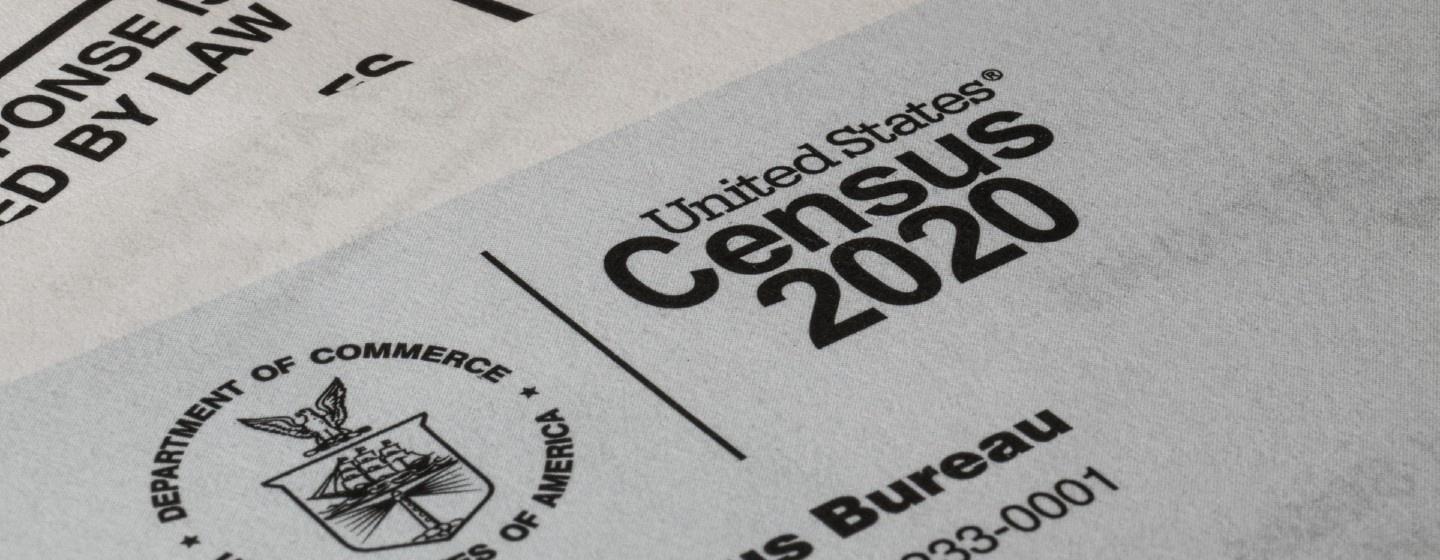New York Will Lose a Seat in Congress by Just 89 People, U.S. Census Bureau Says

New York Will Lose a Seat in Congress After Census Count
New York will lose a seat in Congress after the state’s latest population count from the U.S. Census Bureau, but could have kept it if just 89 more people had been recorded in the Empire State.
That’s right: if 89 more people had been counted last year as part of the federal census in New York, the state wouldn’t be losing a seat in Congress for at least the next decade.
In a call with reporters Monday, the U.S. Census Bureau said in response to a question from New York NOW that the final apportioned seat went, instead, to Minnesota. Kristin Koslap, a senior technical expert at the bureau, said it all came down to the math.
“If New York had had 89 more people, they would have received one more seat,” Koslap said.
“The last seat went to Minnesota, and New York was next in line. And if you do the algebra equation that determines how many they would have needed, it’s 89 people. But that’s if you hold the population of all other states constant.”
In other words, if the same numbers were recorded the same way for every other state in the country, and just 89 more people had been counted in New York, the state wouldn’t be losing a seat in Congress.
It’s not that New York lost population over the last decade. Data released Monday by the Census Bureau showed that New York actually gained about 800,000 residents compared to the last census.
New York’s population was 20,215,751 in 2020, according to the census results, compared to 19,421,055 in 2010. That’s an increase of about 4%.
But New York is losing people to other states, according to the data, and the population of those states is growing at a faster rate.
“We do know from our population estimates that the state of New York has experienced negative net domestic migration, meaning there were more people moving out of the state of New York than moving into the state,” said Dr. Victoria Velkoff, associate director for demographic programs at the Census Bureau.
Compare that to a state like Florida, where the population grew by about 2.6 million over the last decade, or about 14%.
The difference means that Florida will gain a seat in Congress, while New York will lose a seat. Other states — California, Illinois, Michigan, Ohio, Pennsylvania, and West Virginia are also slated to lose a seat, while six states will gain seats.
The change won’t happen in New York until next year’s elections, when new legislative districts will be on the ballot. The new districts will be drawn by the state’s Independent Redistricting Commission, and are expected to be unveiled later this year.
Until then, the state’s current 27 seats in Congress will remain. One of those seats will have to be absorbed by the others to reflect the state’s new count — 26.
The state Legislature also has the power to override the commission’s proposed districts, but lawmakers haven’t said if that’s likely or not.
Related
When asked by @DanClarkReports, @uscensusbureau confirms if New York had counted just 89 more people, a congressional seat would not have been lost.
— Bernadette Hogan (@bern_hogan) April 26, 2021
NY’s total representatives in Congress will decrease from 27 to 26 elected officials in 2023.
Transcript below —> pic.twitter.com/YWPY2TYpLf
PBS NewsHour
How pandemic, politicization could jeopardize 2020 census
How pandemic, politicization could jeopardize 2020 census


